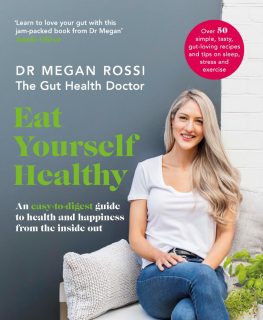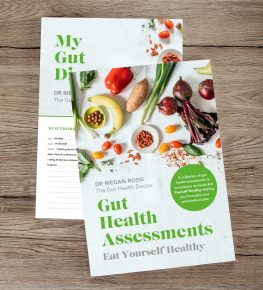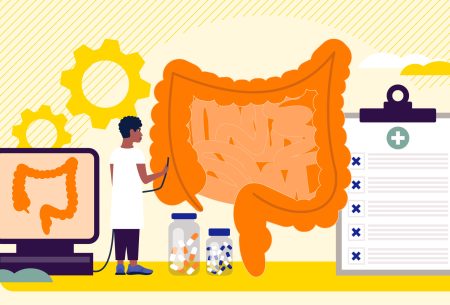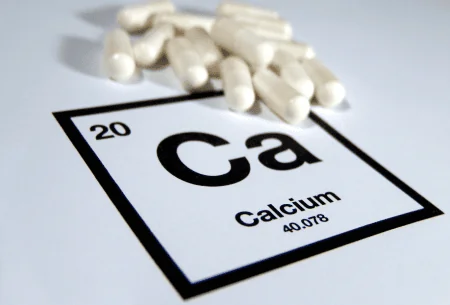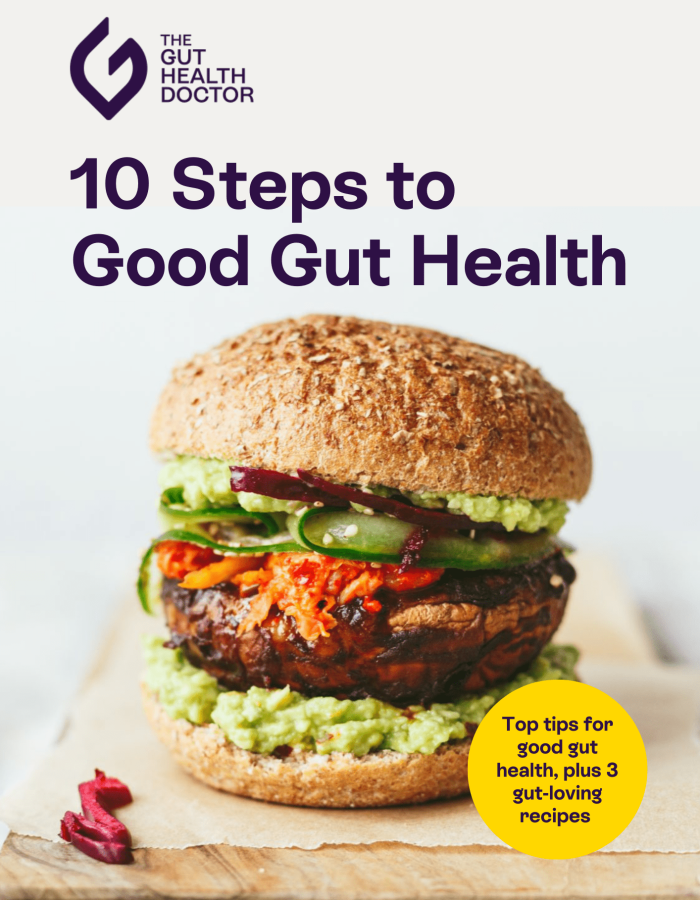What are digestive enzymes?
Digestive enzymes are present naturally in the body, to help us break down food (proteins, fats, and carbohydrates) so it can be absorbed within the gut.
Whilst digestive enzymes are found within our saliva (making it important to chew your food well to release these), most are produced within the pancreas. This means that any type of damage or disease to the pancreas can result in the requirement of strong enzyme replacement therapy tablets, prescribed by your doctor. Over the counter supplements wouldn’t get close to helping in this situation.
But what about digestive enzymes in IBS?
The truth is that for most people, mixed enzyme supplements have NOT been shown to be effective in scientific studies.
Whilst some studies showed potential benefits of taking mixed enzyme supplements, many of the studies had limitations which reduced the accuracy of results. For example, in one study a large number of participants dropped out of the study skewing results; in another study, they failed to use a placebo which means those who took the supplement knew that they were taking the supplement – we know that the power of the mind is strong and it’s a well-documented fact that some people feel better when they believe they are taking something beneficial.
There are some exceptions, however, where specific enzymes which can be effective.
Lactase
This can be used to digest the sugar lactose, which is present in milk-derived products such as milk, yoghurt, some cheeses and ice cream.
For some people with lactose intolerance this can help improve your symptoms although best to get advice from a knowledgeable dietitian on what to take, how much, and when.
For more info on lactose intolerance, you can see our instagram post.
Alpha-galactosidase
This is the enzyme that breaks down the galacto-oligosaccharide (aka GOS) which is a type of FODMAP (highly fermentable sugar), which is mainly found in legumes such as beans, chickpeas and lentils.
For those who are known to be sensitive to GOS, these enzyme supplements have shown to reduce symptoms of abdominal distension and flatulence, although it does depend on which supplement is taken as there’s many on the market. We sometimes recommend this one. Also, results in studies weren’t always considered significant and showed that it isn’t just the type of enzyme, but also the dose that is important for symptom relief.
[elementor-template id=”3024″]
Summary
Mixed enzyme supplements are a no from us! Digestive enzymes should be matched to a specific need, so taking them randomly is unlikely to help you identify the route cause of your issue. You would be better off spending money discussing your symptoms with a gut specialist dietitian who can help you identify intolerances and improve your symptoms through other, scientifically supported methods. All of the team here could help you with that! We often discuss with clients how they can include small, frequent levels of lactose or GOS within their diet (perhaps after or alongside some other useful strategies), which can help to build a tolerance to these – without the need for expensive supplements! You could consider alpha-galactosidase or lactase to help you digest specific sugars that you struggle with. However, it is important to be aware you may still experience some symptoms, albeit to a lesser extent.
This blog was authored by Lucy Kerrison, a gut specialist dietitian.



